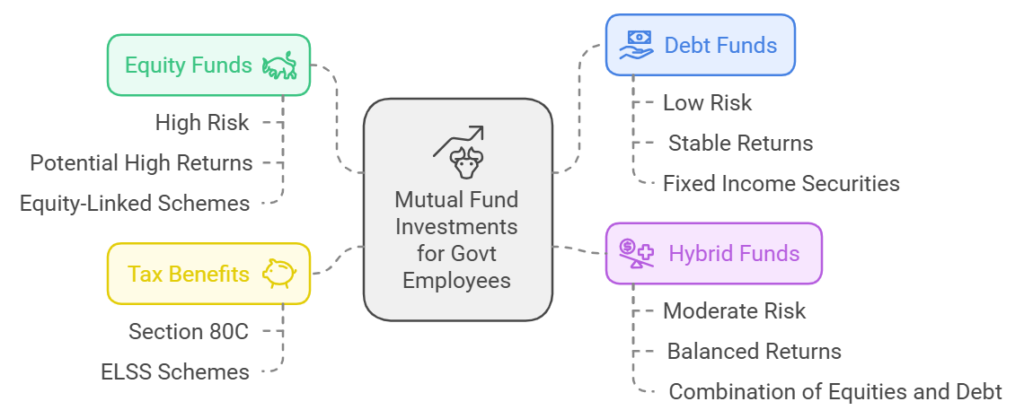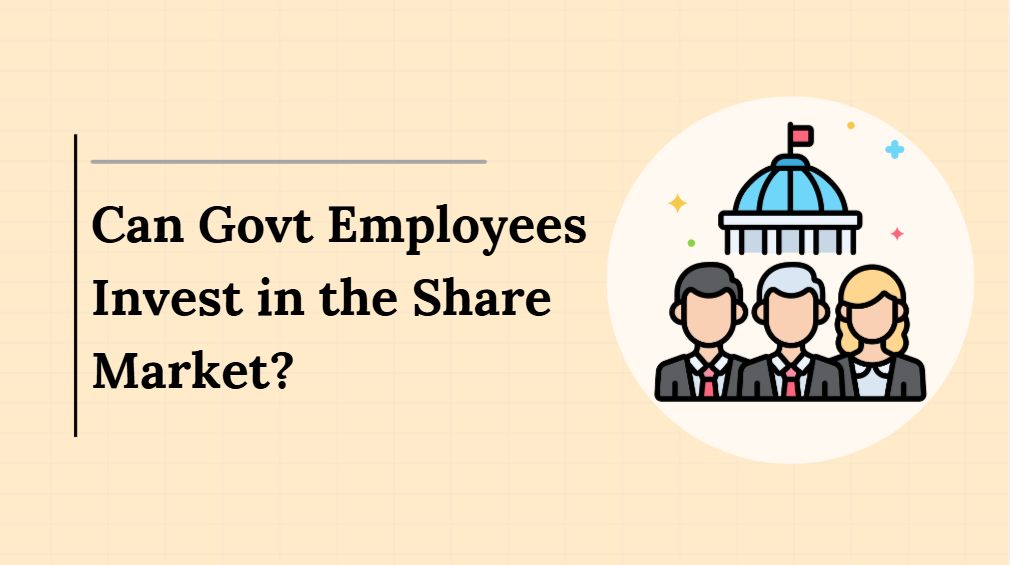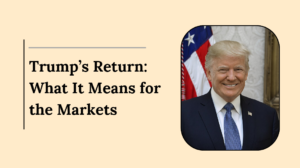Investing in the share market has grown tremendously popular, drawing individuals from all walks of life looking to grow their wealth. But if you’re a government employee, you might find yourself asking, “Can govt employees invest in the share market?” and more specifically, “Can central govt employees or SEBI employees invest in stock markets?”
Can Govt Employees Invest in Share Market?

Yes, as a government employee, you can indeed invest in the stock market, but there are key restrictions to understand first. While government employees have the right to invest, they aren’t permitted to engage in trading or speculative activities. The term “trading” in this context refers to buying and selling stocks frequently to make quick profits, which is often seen as risky or speculative behavior.
For example, according to Section 16 of the Central Civil Services (Conduct) Rules, speculation in stocks, bonds, and other market-linked assets is restricted for government employees. This means a government employee, whether part of the central government or state government, cannot participate in frequent trading in the stock market. However, they are allowed to make occasional investments in the share market, provided these are intended as long-term holdings.
Can Central Govt Employees Invest in Share Market?

Just like their state-level counterparts, central government employees are also allowed to invest in stocks but with specific conditions. While long-term investments are allowed, speculative trading is strictly off-limits. Central govt employees looking to invest in the share market must ensure that their investments align with the regulations set by their employment guidelines.
For instance, if the total investment amount exceeds six months’ basic pay, it must be reported to the authorities. Additionally, government employees cannot engage in any investment activities that may conflict with their public duties or result in a conflict of interest. This helps ensure that all financial dealings are kept transparent and free from any misuse of insider knowledge.
Can Govt Employees Invest in Mutual Funds?

When it comes to investing in mutual funds, the answer is more flexible. Mutual funds, especially equity-linked schemes like ELSS (Equity-Linked Savings Scheme), are an excellent choice for government employees looking to diversify their portfolios. Unlike direct stock market investments, mutual funds are often considered a more stable investment, as they’re managed by professionals and offer a diversified mix of assets.
If you’re comfortable with some level of risk, you might look into equity funds. Alternatively, debt funds are suitable for those with a low-risk appetite. And if you’re seeking a balanced approach, hybrid funds, which combine equities and debt, might be the way to go. Remember that investing in ELSS can even provide tax-saving benefits under Section 80C of the Income Tax Act.
Can SEBI Employees Invest in Stock Market?
One of the commonly asked questions is, “Can SEBI employees invest in the stock market?” Employees of SEBI (Securities and Exchange Board of India) are subject to strict rules regarding market investments due to their roles in regulating the stock market. However, they may invest in certain securities under tightly controlled conditions, generally to avoid any potential conflicts of interest or misuse of insider information.
Rules for Govt Employees on Stock Market Investments

Here are a few essential guidelines that every government employee should keep in mind:
- Avoid Frequent Trades: Frequent trading is discouraged as it’s considered speculative. Government employees are not allowed to participate in day trading or other short-term trading strategies.
- Report Investments Above Certain Thresholds: If your stock investments exceed six months’ worth of your basic pay, you’re generally required to notify the relevant authorities. Failing to report significant investments can lead to penalties or other disciplinary actions.
- Avoid Conflicts of Interest: Ensure that your investments don’t conflict with your official duties or give the impression of insider trading. It’s wise to steer clear of any investments where your role might grant you an unfair advantage.
- Investment Mode: Government employees are typically required to make investments through registered brokers or financial professionals, ensuring their investments are transparent and compliant with legal requirements.
Example Scenario
Imagine you’re a government employee interested in buying shares of a well-known tech company with plans to hold them for at least a few years. You’re allowed to proceed, as long as the investment amount remains within permissible limits and does not involve any form of speculative activity. However, if you were to buy and sell shares of the company frequently within a short period, that would violate the rules on speculative trading for government employees.
Key Takeaways
In summary, while the answer to “Can govt employee invest in share market?” is a cautious “yes,” it’s important to distinguish between trading and investing. The rules may feel restrictive, but they’re designed to prevent conflicts of interest and protect both the public servant and the public interest. Government employees can invest in stocks, bonds, mutual funds, and other long-term assets—but speculative trading is off-limits.
If you’re considering stock market investments as a government employee, keep in mind the importance of compliance with the Central Civil Services Conduct Rules and other relevant regulations. Investing responsibly and within the guidelines can allow you to achieve your financial goals without stepping outside the boundaries of permissible activities.
Additional: https://documents.doptcirculars.nic.in
Also Read:











